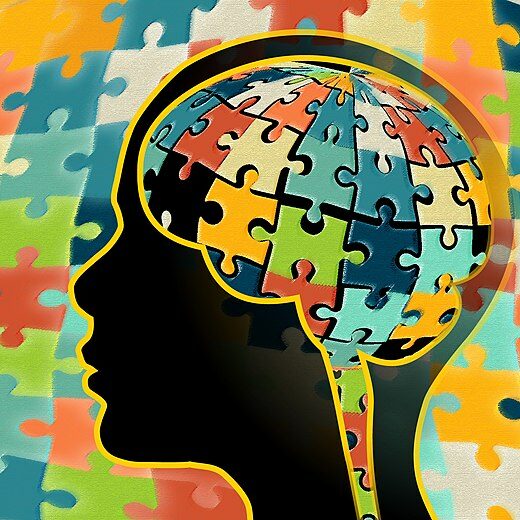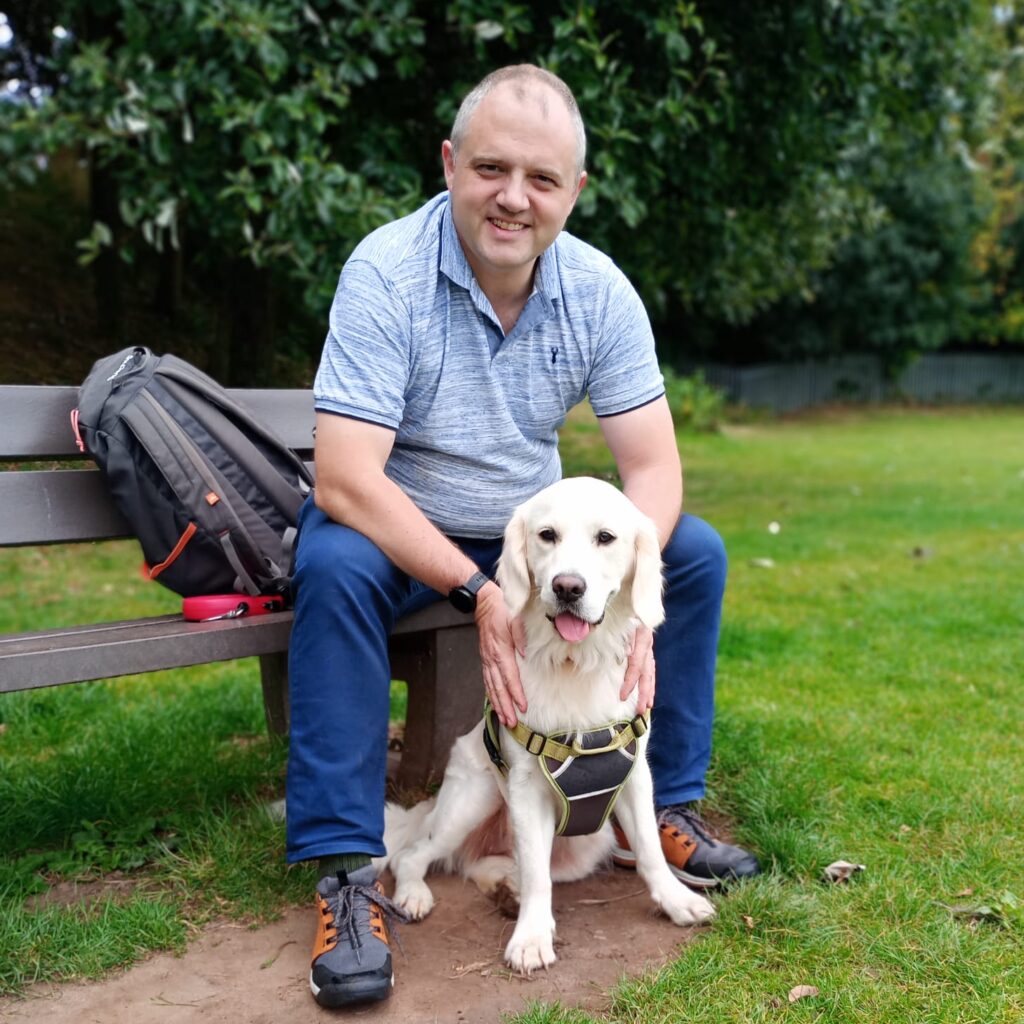
Why We Need Autistic People
One of the consequences of reflecting on passages like 1 Corinthians 12 and 1 Peter 2 in the light of neurodiversity is that we realise that inclusion isn’t always enough.
Simple “inclusion” wants to reduce the barriers for people who want to become part of the community, so that they don’t feel excluded just because they are different. That’s a kind of minimum standard.
But these passages show us something much better – it’s clear there that without a fully diverse community, we’re all worse off. Diversity isn’t just nice; it’s needed. Some people talk about “belonging” as the stage beyond inclusion, but I think this goes beyond that too. The church needs autistic people. It needs dyslexic people and those with ADHD.
That’s what 1 Corinthians 12 predicts. If we exclude kidneys from the body, we expect the body to be sick. If we exclude autistic people from the body of the Church, we’d expect the church to get sick.
And it’s what we see as well.
Consider, for example, the various abuse cover-up scandals. I’m writing this shortly after the Makin report into John Smyth, and the 40 year cover up of his abuse, which led to Justin Welby resigning as Archbishop of Canterbury. But there have been plenty of similar cases, and tragically there will be more as well.
I don’t know how many people knew about Smyth’s abuse in the 35 years between the initial report which should have led to his conviction in 1982 and the TV documentary which finally led to action in 2017 – probably dozens. The people who went to the police tended not to have all the facts. But I’m pretty certain that if any of the people who were senior enough to know all the facts had been autistic, they’d have gone to the police and/or the news a lot sooner.
Why? Because autistic people are often ideal whistleblowers. We’d far rather be right than popular, and we’re willing to say what needs saying even if other people will hate us for it. Actually, we’re likely to be perplexed when people then hate us for it.
I think that’s partly why lots of organisations don’t promote autistic people to senior positions. We don’t “drink the Kool-Aid”; we ask difficult questions; we feel cognitive dissonance to the point where we can sometimes be paralysed by it.
The challenge is that all of those are things that need doing in healthy cultures. And by excluding autistic people from the decision-making process, cultures become less and less healthy. Inclusion is the hard thing to do, but it’s necessary for organisational health.


John Allister
John Allister is the vicar of St Jude’s Church in Nottingham, England.
He is autistic, and has degrees in Theology and Experimental & Theoretical Physics.


I’m finding that these projects seem to consider how how Neuro diversity should be biblically handled as “theology” while I, being Aspergers, actually want to see why autistic theology can be different.
For example in the ongoing freewill v determinism debate neither side seem interested in the fact that although I understand the words “free will” enough to communicate I can’t relate at all to what neurotypicals mean by that freewill in their own experience. Although I haven’t studied Calvin’s Institutes I’m labeled a Calvinist. Maybe Calvin was autistic? Or Aquinas? Even Moses who prefers solitude, calendars, laws, genealogies etc and has problems presenting such that Aaron must speak for him. Even before leaving Egypt he had digested all their wisdom, and after meeting God could remember all the words and patterns heard and seen on the mountain. Sounds like Neuro diversity.
Some great thoughts. I agree about Aquinas, and quite possibly Calvin, though it’s tricky to diagnose historic characters. In the Bible, Moses, Paul, Lazarus are sometimes cited.
Freewill v determinism is interesting – I think the debate is obviously wrong too. Maybe if I wrote something you could see if it fit with what you think?